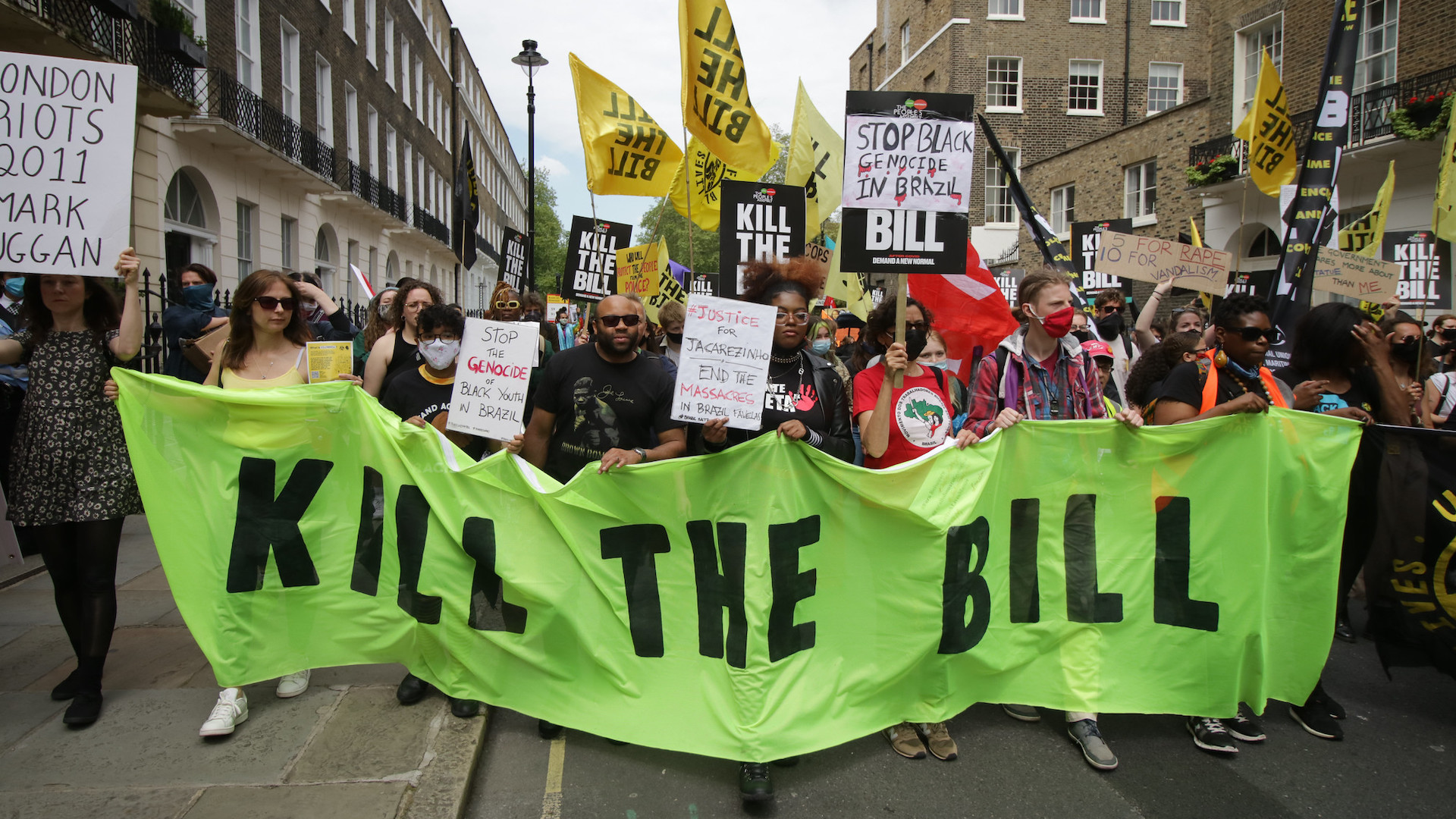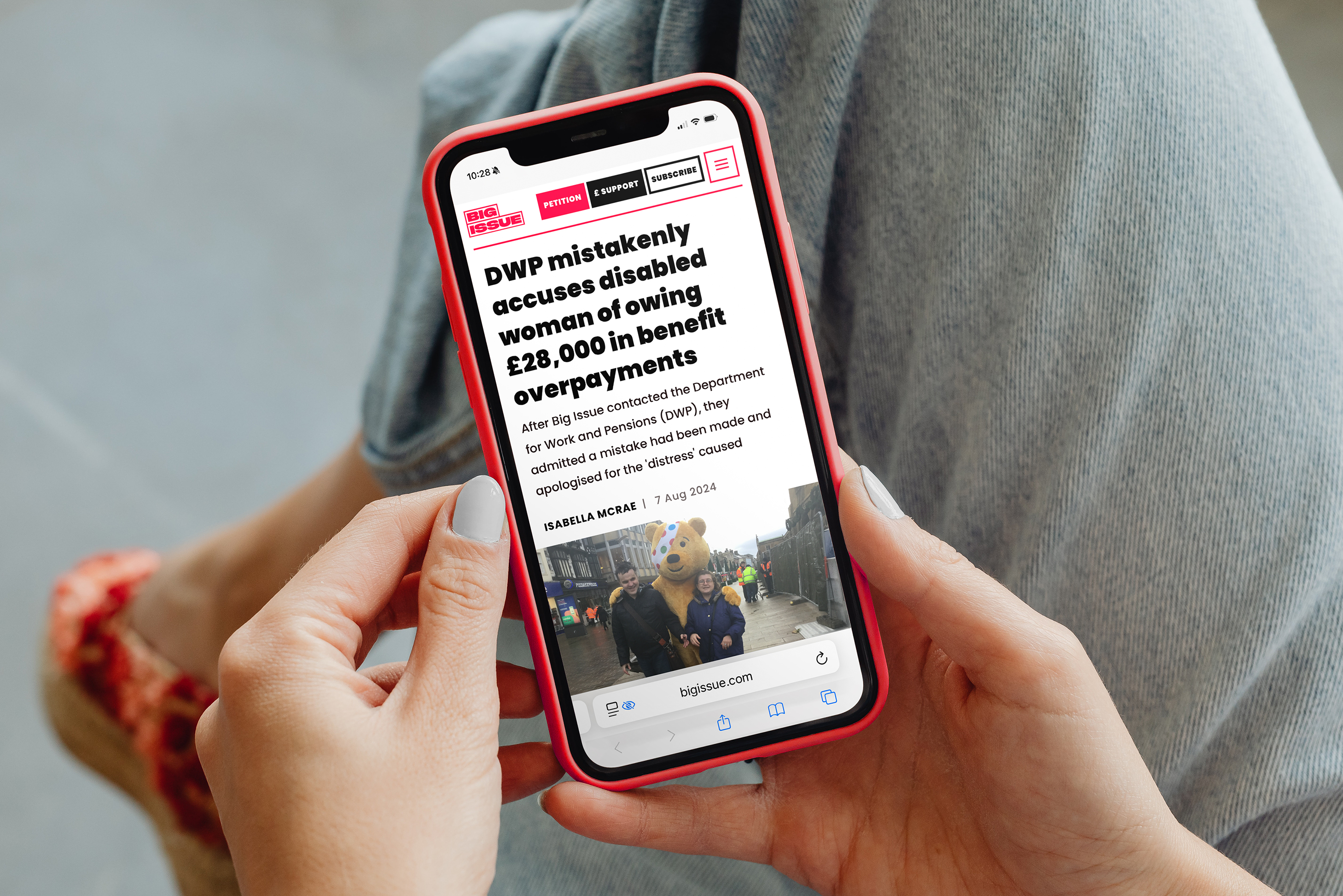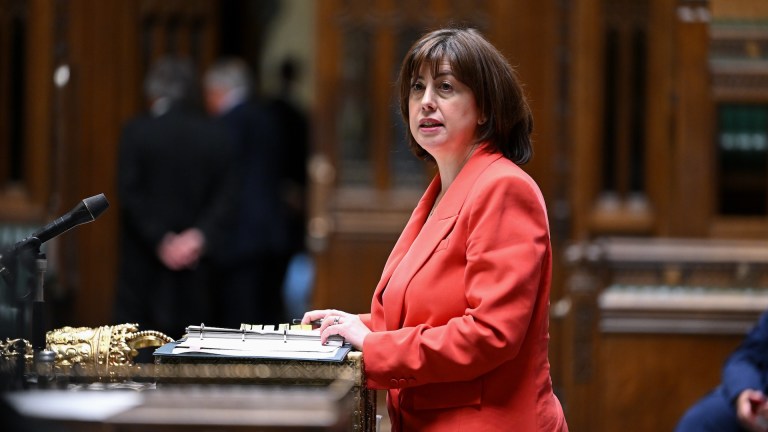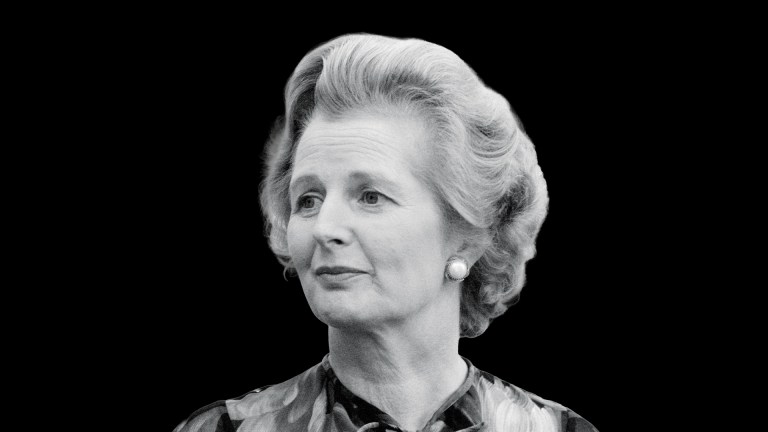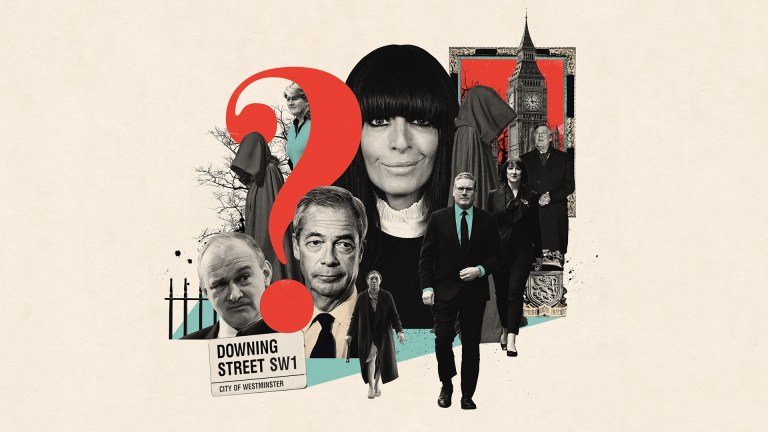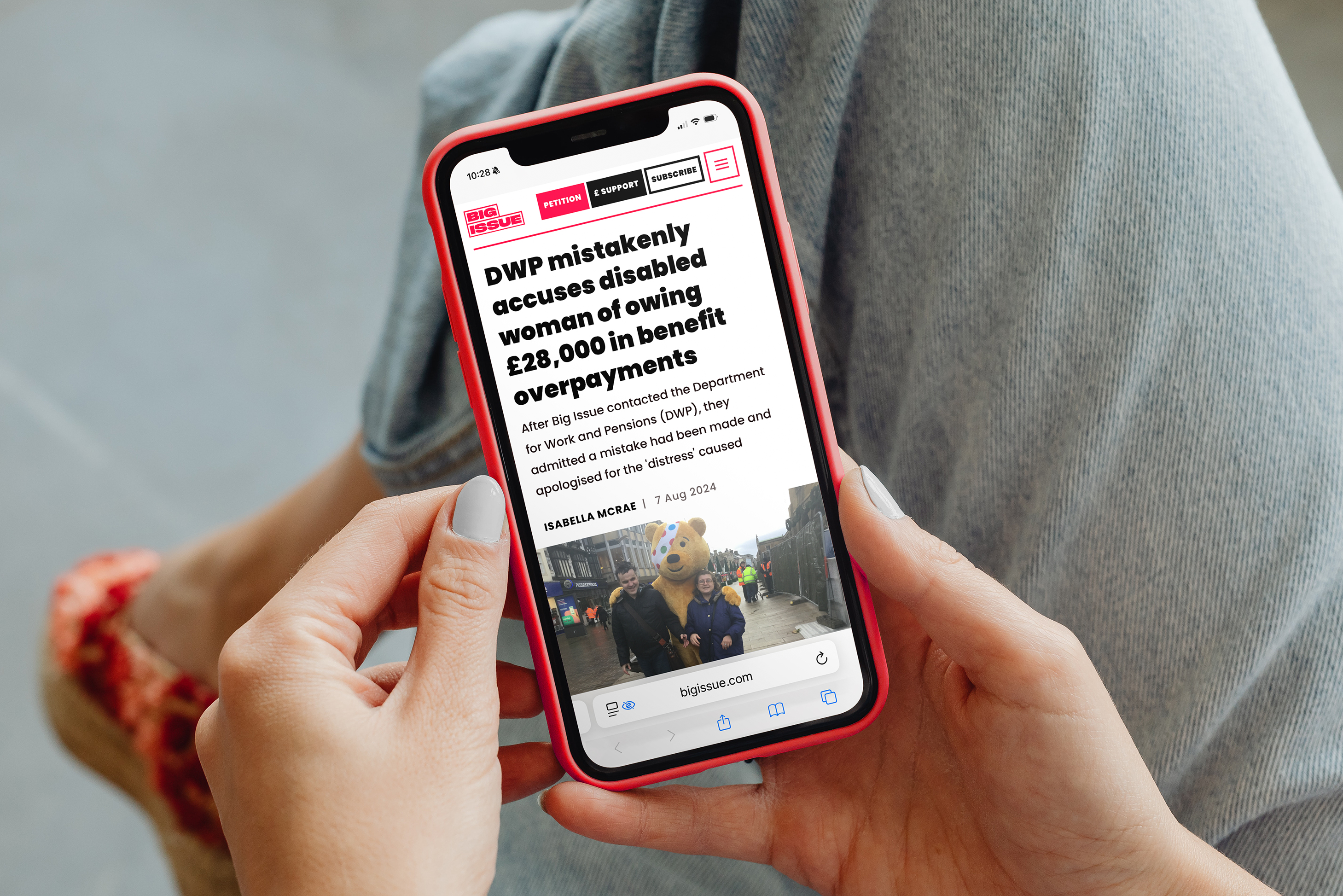More than 700 legal academics also wrote to the prime minister urging him to stop the rollout of the new police powers.
“If protest that has until now been kept away from residential areas is in future going to be removed forcibly from business areas, where does protest go?” said Jonathan Djangoly, Conservative MP for Huntingdon. “Presumably to a place where it can’t be heard.”
Support The Big Issue and our vendors by signing up for a subscription.
“The new conditions essentially rule out entirely peaceful protest,” added Jones, adding that police forces had called for a “modest reset” on non-violent protest powers. “A modest reset is not what this is.”
Robert Goodwill, Conservative MP for Scarborough and Whitby, defended the bill, however. He said: “When she talks about the people, does she mean the people whose lives are disrupted [by protest] and can’t get to work? They’re the people as well and they want to get on with their lives.”
“I wonder where that stops,” Jones responded. “At what point do we set the right balance between the right to protest peacefully and the right for people to go about their business?
Advertising helps fund Big Issue’s mission to end poverty
“The police at no point have asked for these powers on the basis of noise.
“The point of protest is to capture attention. They are as fundamental to democracy as our parliament.”
Jones added that police were concerned current models of policing by consensus would be replaced with “policing through conflict”.
The legislation also cracks down on trespassing, which in practice puts Gypsy, Roma and Traveller groups at risk and threatens to push rough sleepers deeper into homelessness.
Richard Burgon, Labour MP for Leeds East and former shadow justice secretary under Jeremy Corbyn, called the bill “draconian” and accused the government of deliberately avoiding scrutiny by allocating “just a few hours to discuss 300 pages and many amendments”.
Advertising helps fund Big Issue’s mission to end poverty
Activist groups including Liberty, Amnesty UK, Friends of the Earth and 38 Degrees delivered a petition to parliament, signed by 600,000 people, calling for the proposals to be scrapped.
Speaking in the House of Commons, David Davis – former Brexit secretary and Conservative MP for Haltemprice and Howden – said the government “wants to have the power to arrest people who cause serious annoyance or inconvenience”.
“These are incredibly vague terms, frankly,” he added. “Demonstrations to lead to inconvenience.
“It hasn’t just been the lefty, liberal, legal fraternity worried about this.
“Every law we write must be written on the presumption it will be a government very unlike ours that oversees it at some point in the future. What if, in 20 years time, we have an extreme-right or an extreme-left wing government and have this sort of vague issue in place?”
The bill also includes powers for police to remove protestors who block entrance to Westminster, making it more difficult for demonstrators to gather near parliament.
Advertising helps fund Big Issue’s mission to end poverty
This is a full-on attack on the way of life of Gypsy TravellersAnne McLaughlin MP
“We are to hear and see nobody unless they agree with us,” said Anne McLaughlin, SNP MP for Glasgow North East.
“It’s only a tiny part of the curbs on the right to protest and it’s not what we expect from the so-called bastion of democracy.”
McLaughlin said section four of the bill, which cracks down on trespass, “sickens [her] to her core”. It means anyone found sleeping in a vehicle on private land can be handed a fine, given a criminal record and have their vehicle – their home – confiscated.
“There can be no hiding from the fact that this is a full-on attack on the way of life of Gypsy Travellers,” she added.
“One described it as the single biggest threat to their way of life, said the bill could entirely eradicate it.
“If this bill passes unamended, not only will they face losing their homes for minor infringement of the law but they won’t ever be able to protest that by demonstrating across the road.
Advertising helps fund Big Issue’s mission to end poverty
“The irony is not lost on me.”
